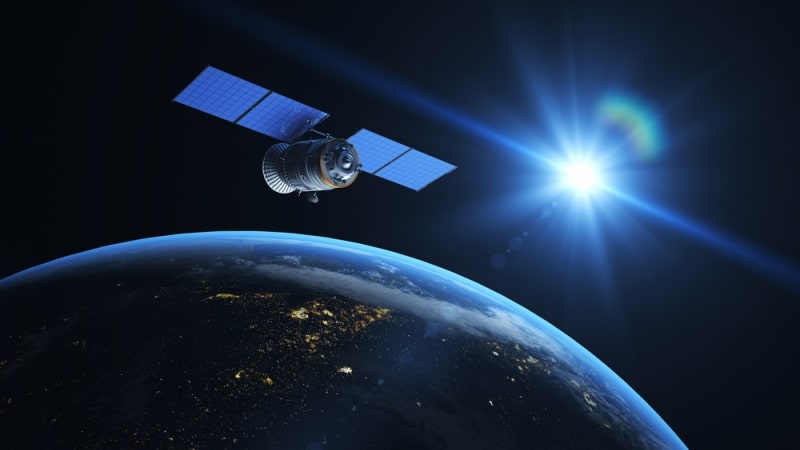
The Government Accountability Office (GAO) is pushing the Department of Defense’s (DoD) Space Command and Control program to improve tracking and reporting of the satellite system replacement within the DoD.
The watchdog agency, in a June 8 report, explained that the DoD relies on software-intensive systems for command and control of satellites and other space systems. But as the space landscape becomes more crowded and threats to military satellites increase “replacing DoD’s aging command and control systems has become even more urgent,” the report reads.
The Space C2 program, established in 2018, is the DoD’s latest software-intensive system intended to provide military commanders with the ability to make timely, strategic decisions, take tactical actions to meet mission goals, and counter threats to U.S. space assets. This requires basic data collection and analysis.
However, GAO found that reports by the system replacement program within DoD don’t include context, consistent metrics, or other information that would give a clear picture of its progress.
“Oversight is important for this program, which is [five] years into development and hasn’t yet replaced the most critical system,” the report states. “Space C2’s program documentation and reporting—both in its annual report and internal reports—do not give a clear picture of progress.”
For example, Space C2’s 2022 annual report did not provide the context or performance data necessary to understand overall progress.
GAO also found that internal reporting doesn’t provide consistent results based on metrics that would enable comparison across reports. In addition, reports do not show how Space C2 “will ensure it is on track to meet requirements.”
“Historically, Space C2 did not complete all planned development efforts as scheduled, and the lack of documentation obscures a useful picture of progress,” the report states.
GAO did acknowledge that the Space C2 program has made changes to address persistent management challenges, yet it states that it’s too soon to tell if changes will lead to improvement.
“For example, in 2021, the program shifted additional resources to meet critical, complex requirements after years of focus on less critical requirements. However, to deliver some of these critical requirements sooner, Space C2 scaled back planned development efforts. Users will still rely on older, outdated systems until Space C2 can complete these development efforts,” the report states.
“With its persistent delays in delivering key capabilities, improved tracking and consistent metrics would help demonstrate the extent to which the Space C2 program is making progress,” the report reads.
GAO made three recommendations to ensure the program improves reports, including consistent metrics in annual and internal reports and documenting how it will meet requirements. DoD concurred with all three of the recommendations.
